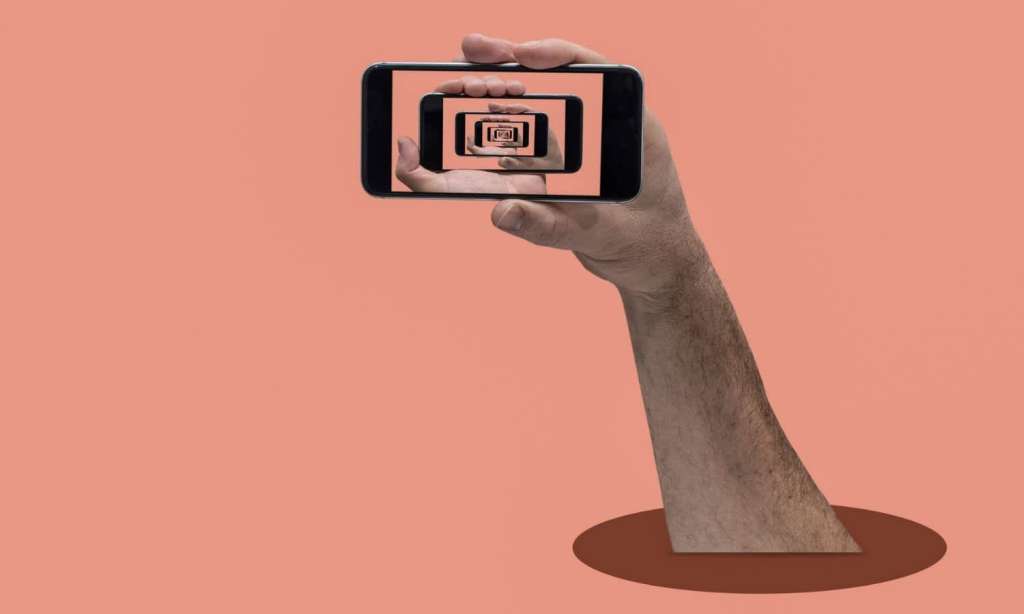Millennials hate phone calls. The demanding nature of a phone call stresses many of us out and makes others of us anxious. Especially in comparison to a text message or email, which allows ample thinking time. We may have nomophobia, but we still won’t pick up the phone — calls require immediate action. And, more often than not, the message hoping to be conveyed over the phone could have also been delivered in message form.
For many people, making a phone call, receiving a call or simply listening to voicemail messages can instil a feeling of dread. While it sounds farcical, it’s all too real and can produce anxiety for some people.
“Anxiety is typical for all of us. It’s a universal emotion that we can all relate to,” Dr Lindsay Scharfstein, a psychologist who specialises in social anxiety disorder and phobias, told Headspace.
“For the most part, we know that individuals are not afraid of phones. They have phones in their office, backpack, purse … What they’re typically afraid of is the evaluation or judgment that may happen when they’re on a phone.”
Phone related anxiety or telephone phobia (which is the fear or avoidance of phone conversations) usually falls into the category of social anxiety. According to Beyond Blue, research suggests 11% of the Australian population experiences social phobia or anxiety during their lifetime, with just under 5% experiencing it in any 12-month period.
The anxiety related to the telephone can be for a number of reasons including fear of hearing bad news, concerns over intruding or worries over what you’re going to say to the person on the other end. But, there are ways around phone calls and this is something millennials have spent years doing.
“I think that certainly millennials are able to work around the phone issue [and] rely on text, email,” Dr. Selena Snow, a psychologist who uses cognitive behavioural therapy (CBT) to treat anxiety and stress, told Headspace.
“Younger folks have some coping mechanisms and compensatory strategies like texting that may obscure phobia in a way that’s not as available to older generations … The phone is devoid of a lot of [nonverbal] methods of communication that encourage people to move forward and feel safe.”
If you are wanting to overcome some of your phone call issues, there are a few steps you can take to do so. One such way is through meditation, which allows you to be present in the moment and helps stop spiralling into what-ifs.
After you’ve tackled the mindfulness element, using a technique called graduated exposure will help with telephone phobia. Headspace recommends starting making phone calls which feel easy. For example, to an automated customer service line where you don’t need to interact with a real person.
Then, work your way up to calling a few restaurants to ask when they close. Once this feels comfortable, try calling to order takeaway or calling the doctor to make an appointment. If you’re feeling nervous about what to say, Headspace encourages jotting down a few notes of what you wanted to say.
“This is a condition that is amenable to treatment,” said Snow. “Help is available. Sometimes [people] may think, ‘I’m stuck with this forever,’ and that’s not the case.”







